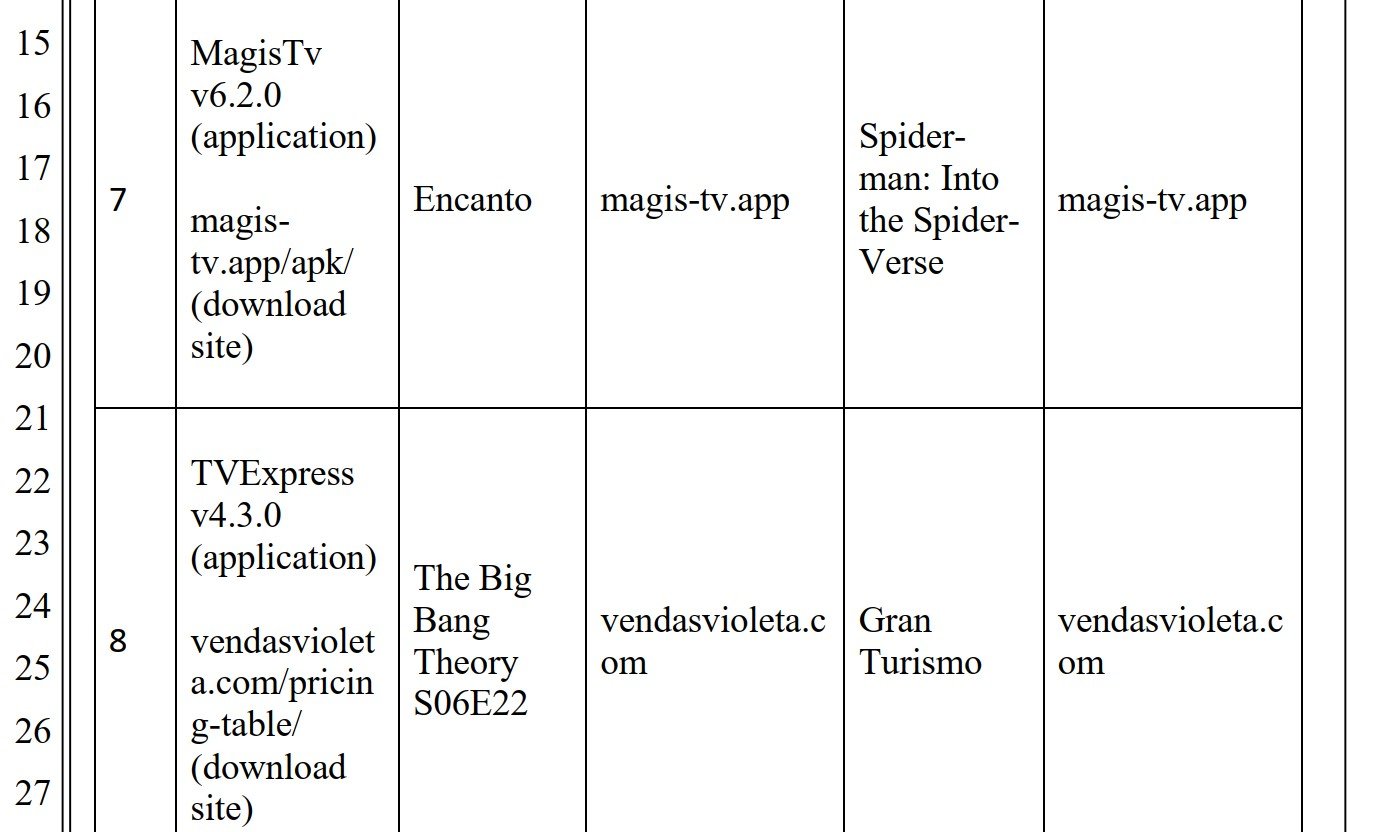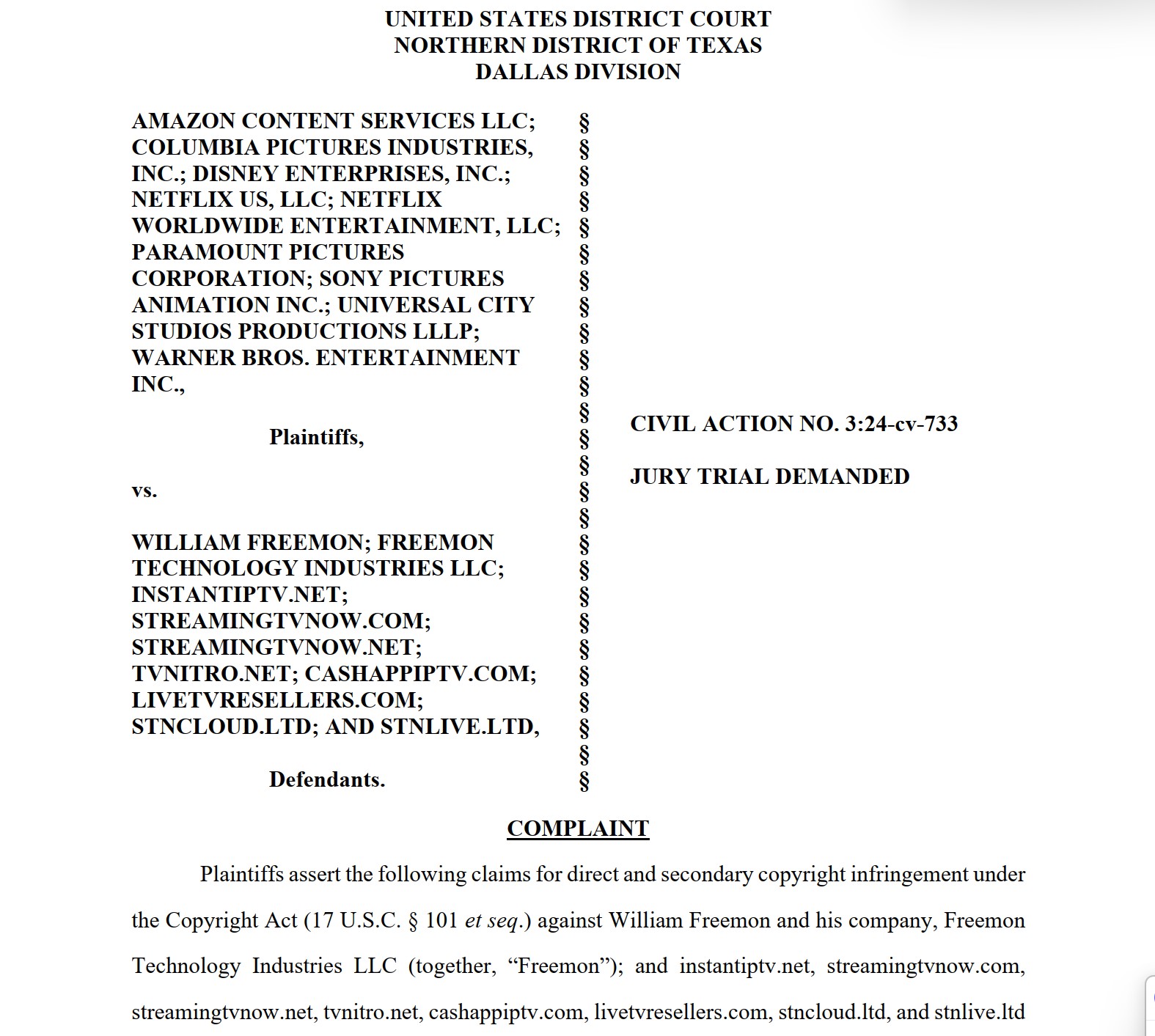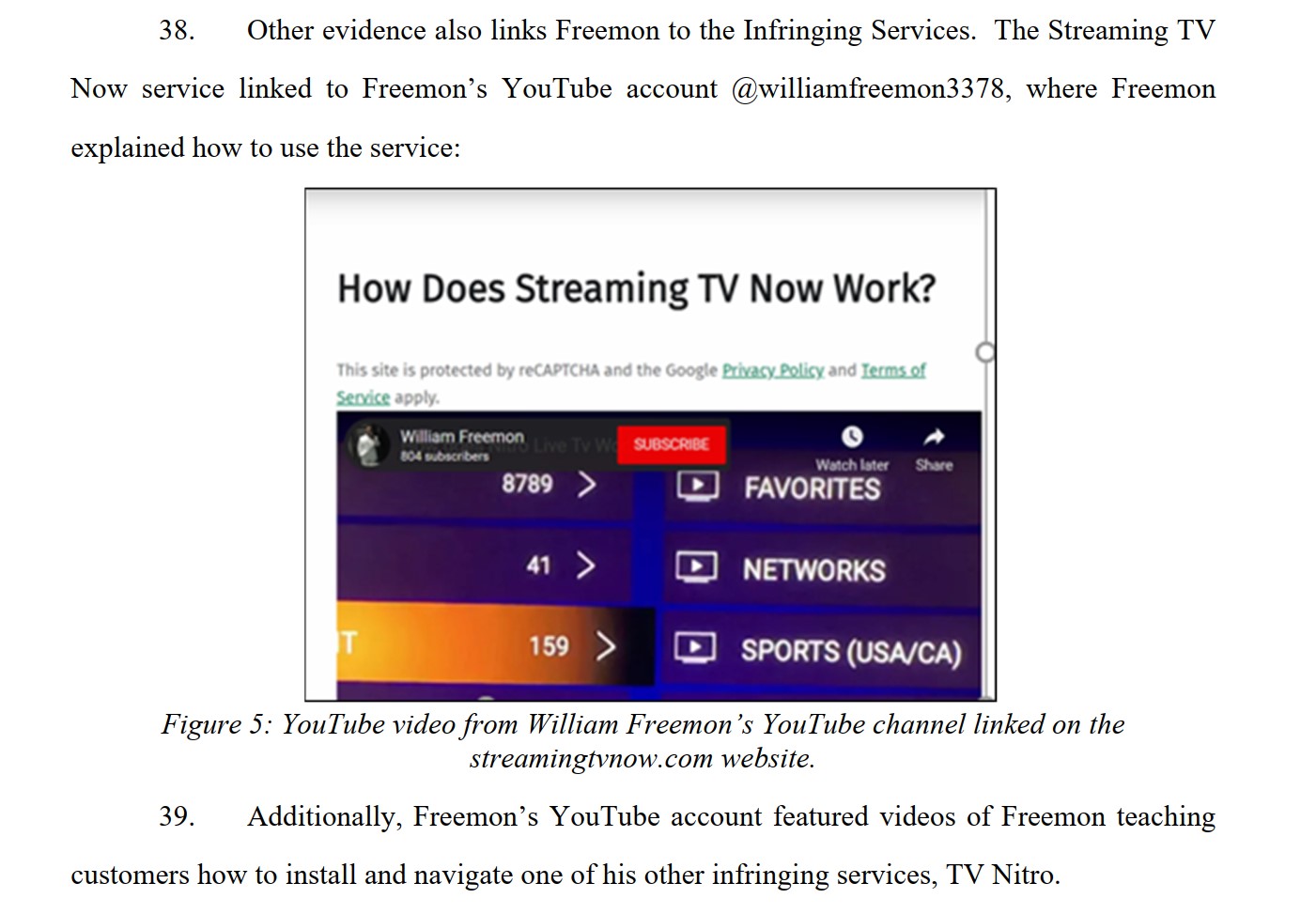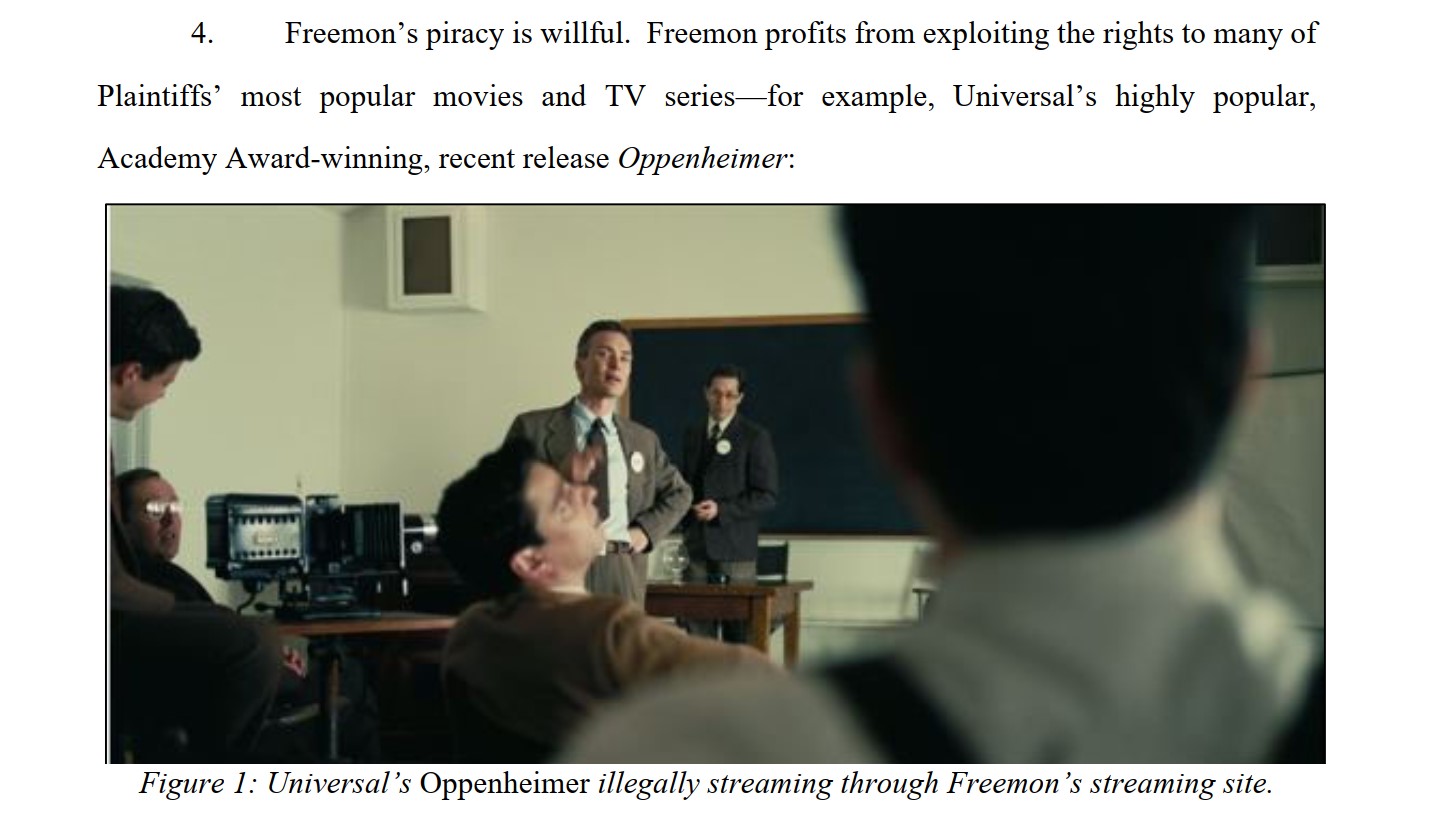 Presented by the UK's Intellectual Property Office, a report and initial review of UK news reporting of intellectual property matters makes for interesting reading.
Presented by the UK's Intellectual Property Office, a report and initial review of UK news reporting of intellectual property matters makes for interesting reading.
The report is part of research into public perceptions of IP matters by analyzing news coverage of the five years ending 2022. By examining the frequency and framing of IP articles in newspapers, the study aims to understand how public opinion is influenced by the views expressed in various publications, ultimately narrowed down to the following:
Daily Mail, The Telegraph, The Independent, The Times, The Sunday Times, Daily Mirror, The Sun, Daily Express, Metro, Financial Times, Guardian, Observer, The Daily Star, Evening Standard.
The initial findings cover copyright, design, patent, and trademark issues, but mindful of our niche, our coverage here is mostly limited to the former.
Copyright Mentions
The review found that over the last decade, UK news articles mentioning "intellectual property" rose significantly, with a notable uptick from 2017-18 and a slight dip in 2021-22. These articles covered a range of topics with two themes standing out – scope of rights and registration, and IP disputes.
While use of the word 'copyright' declined over the past five years, over a ten-year period use increased overall, with three topic areas most prominent: scope of copyright, management of copyright, and infringement of copyright.

What appears to be a limitation of the study in this reporting niche is revealed fairly early on. By focusing on strict terminology such as Intellectual Property, Copyright, Patent, Design Right, and Trade Mark, that mostly excludes reporting that only deploys more familiar terms such as piracy and illegal streaming, for example.
In any event, mainstream media's interest in IP-related stories seems largely reliant on other factors.
Focus on Popular Public Figures
Given the mainstream nature of the publications, articles dealing with IP rights lean towards 'celebrity' news, with the following people appearing most often in the sampled publications over the past five years (article count in brackets):
Meghan, Duchess of Sussex (1197), Donald Trump (791), Harry, Duke of Sussex (696), Ed Sheeran (626), Boris Johnson (438), Janos Ader (372), Vladimir Putin (252), and Paul McCartney (248).
"[T]he media emphasize stories around celebrity culture and tend to frame stories in a 'David v Goliath' context which in turn impacts public perception of IP," the Intellectual Property Office notes.
"Likewise, consistent inaccuracy in reporting was observed, which could also impact public perception and lead to public misunderstanding around IP rights. Further research should be conducted to better understand the extent of this impact."
Criticism of Journalists, Media in General
The suggestion that journalists are allowed to write articles about IP rights in national newspapers, without even understanding the basics, is remarkable in itself. To have those articles approved by their editors who unquestionably understand the implications, is beyond reason.
The study highlights an article published in The Express which reported on Lewis Hamilton's failure to "copyright his steering wheel" but goes on to note that IP-related terms are frequently used incorrectly to identify the type of IP that the article intends to discuss.
"For example authors writing 'copyright infringement' when referring to case about trade mark or designs, and vice versa," the IPO writes.
"Therefore, it is clear from this initial review that there are pronounced inaccuracies in the reporting on IP related matters in the UK Press. Likewise, coverage of disputes relating to national and international rights did not indicate that the legal regime differs between jurisdictions, therefore potentially overemphasizing the impact of the matter on the UK rightsholders."
Misunderstanding IP-Related Terms is The Least of UK's Problems
The example above is exactly the type of misinformation highlighted in our recent article but just a small part of the misleading reporting seen in some parts of the UK media over the past 12 months in particular.
Despite their prevalence and damaging effect on public perceptions, the IPO makes no mention of these types of articles, even though they're currently published on a daily basis. Certainly, the criteria of the report, which requires the use of very specific terms to even be considered for inclusion, may offer a reason for that. It shouldn't limit the IPO's overall interest in IP-related educational matters, however.
What Can Be Done? Have Faith in Self-Regulation…
As the IPO notes, there are rules that must be adhered to.
"The Independent Press Organisation (IPSO) Editors' Code of Practice states that 'the Press must take care not to publish inaccurate, misleading or distorted information or images, including headlines not supported by the text.' Likewise, for the broader implications of this research Ofcom states that, news, in whatever form, must be reported with 'due accuracy'," the IPO writes.
"The inaccuracy of reporting on IP related matters in the UK press may be due to a lack of understanding of the distinct differences between the types of IP, or a disregard for the importance between distinguishing between them. Further investigation would be required in order to ascertain the cause and extent of this issue, as well as the impact on intellectual property rights as understood by the public as a result."
Anyone can be taught the difference between copyright, trademarks, and patents in an hour. Finding out why publications decline to correct deliberately misleading articles, even when provided with provably accurate information, would be significantly more helpful.
The full report can be found on the Intellectual Property Office's website. It was published exactly a month ago and has been covered by mainstream UK media outlets exactly zero times since then.
From: TF, for the latest news on copyright battles, piracy and more.



 The Alliance for Creativity and Entertainment (
The Alliance for Creativity and Entertainment (




 Operating a pirate IPTV service can be a dangerous endeavor, no matter where one's located. In the United States, home to Hollywood and other major entertainment outfits, the risks are arguably even higher.
Operating a pirate IPTV service can be a dangerous endeavor, no matter where one's located. In the United States, home to Hollywood and other major entertainment outfits, the risks are arguably even higher. 


